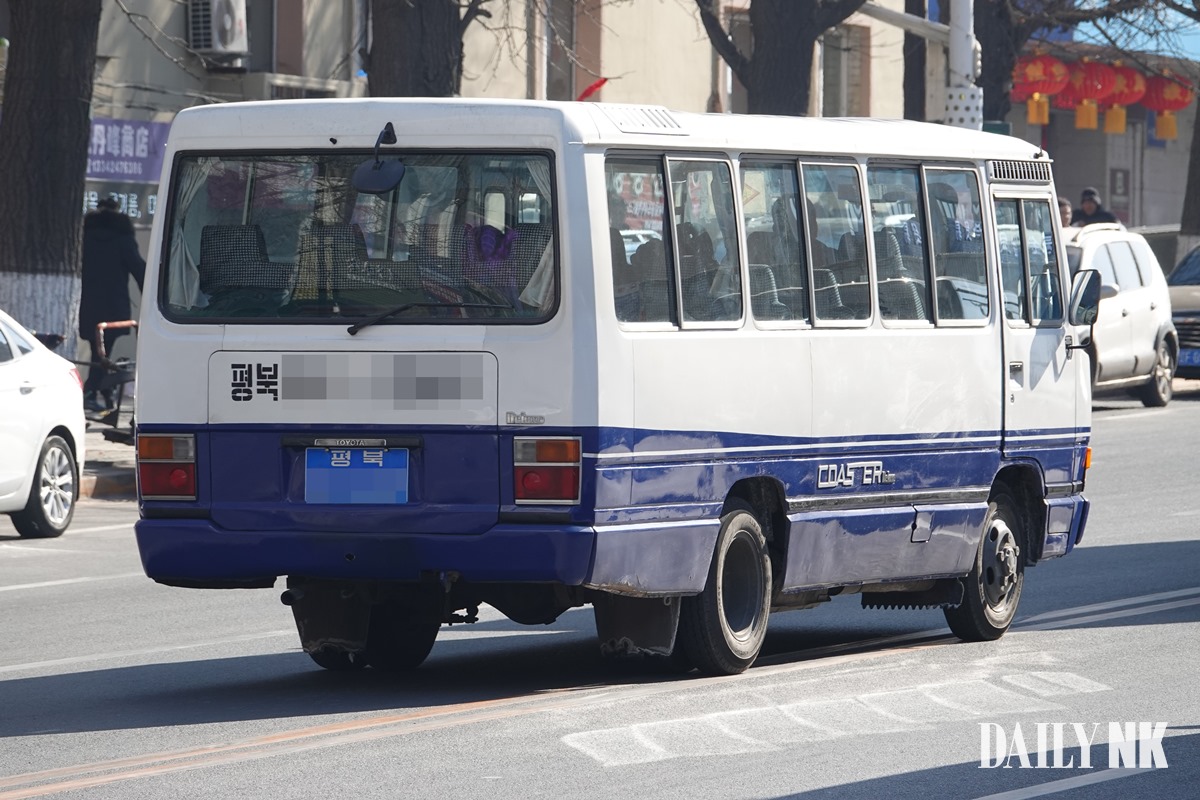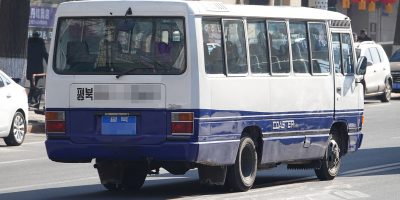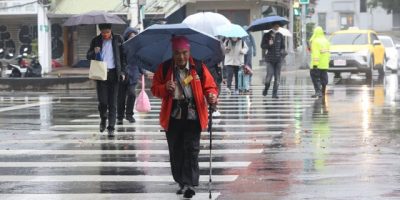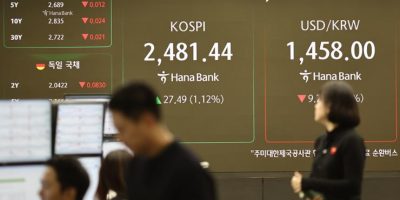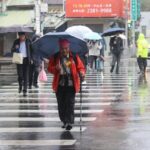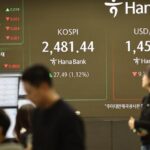
North Korean authorities have launched a major crackdown on illegal bus operations as the industry becomes increasingly lucrative.
According to a Pyongyang source recently, emergency orders were issued in mid-January targeting illegal bus operations run by donju (wealthy entrepreneurs) in Pyongyang and South Pyongan province. Law enforcement began a ten-day intensive investigation of transportation companies in early February to “restore order in the transportation sector.”
The investigation, led by provincial people’s committees and police traffic management departments, is scrutinizing how companies obtained vehicle permits, their operational practices, state payment procedures, and potential corruption.
Since private vehicle ownership is prohibited in North Korea, entrepreneurs typically circumvent this restriction by bribing organizations to register buses under their names while maintaining effective control of the vehicles.
While trains remain the traditional mode of inter-city travel, chronic delays have driven growing demand for private bus services. “People know they might be stuck on trains for days, so they’re willing to pay more for the convenience of buses,” the source explained. “The rising profits have attracted more entrepreneurs, prompting state intervention.”
Authorities targeted Pyongyang and South Pyongan province first due to their large populations and high volume of transportation activity. The source noted that many donju entered the transportation sector in these regions after COVID-19 travel restrictions were relaxed in early 2024.
The government’s crackdown stems from concerns that “society is being manipulated by donju” and aims to “nip capitalism in the bud” by reasserting state control over transportation. Public complaints about economic inequality – where wealthy citizens can afford bus travel while others are forced to rely on trains – have also motivated the intervention.
In response, bus-operating donju are scrambling to evade detection. “They’re trying to fly under the radar by bribing officials to alter vehicle registrations or delete records of illegal vehicles,” the source said. “However, given the industry’s profitability, most aren’t abandoning their operations entirely – they’re just waiting for the pressure to subside.”

